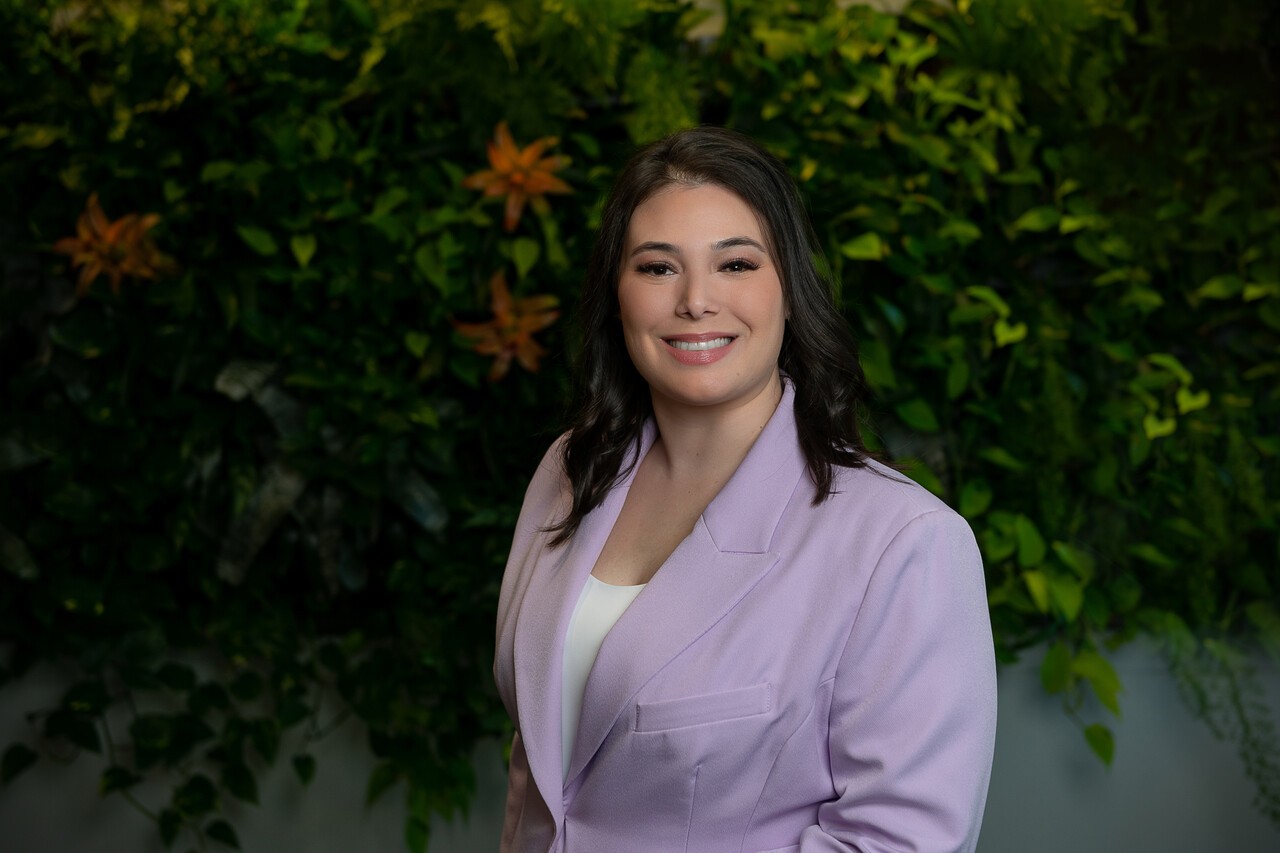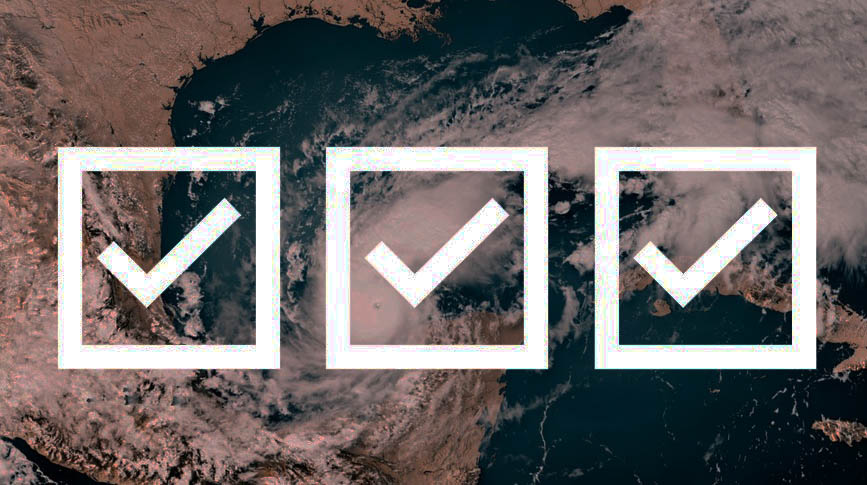HAVE YOU CONSIDERED issuing qualified small business stock in your company as part of an exit plan? Too bad for you if the answer’s no.
“It could potentially, in some situations, allow the business owner to ultimately get out of the business and sell without any tax implications,” notes Kristin McKenna, managing director and wealth adviser at Darrow Wealth Management, of Needham, Mass.
That’s just one example of why wealth management matters, according to Dave Seibert, CIO of IT Innovators, an MSP and solution provider in Irvine, Calif.
“Most people when they think about wealth management planning think about the natural things: stocks, bonds, annuities, 401(k),” he says. In reality, though, just as your clients don’t know what they don’t know about IT without your assistance, you may miss out on opportunities way beyond investing to grow and protect the money you’ve worked so hard for without help from an experienced wealth manager.
The High Cost of Waiting
Unlike talking to an investment adviser, a conversation with a wealth manager typically covers all aspects of short- and long-term financial health, according to Christopher Winn, CEO of Portland, Ore.-based Interactive Wealth Advisors.
“It’s not going to just look at one piece of the pie,” he says. “It’s going to look at estate planning, insurance planning, tax planning strategies, investment retirement planning. It could even include specific financial topics like college funding.”

Kristin McKenna
Ideally, McKenna adds, you should have the first such conversation earlier than you probably think, and well before retirement looms on the horizon. “There’s a cost of waiting too long,” she says. “You can’t go back and buy life insurance once you’re dead.”
As Winn notes, moreover, there’s more than just insurance involved in preparing for that grim eventuality. “People die all the time without a proper estate plan,” he says, adding that there are many ways to reduce estate taxes and specify exactly who should inherit your business or your share of it, through vehicles like a so-called “buy and sell” contract.
Death isn’t the only prospect channel pros must plan for. Disability is far more common than most people realize, according to Curtis Hearn, a wealth adviser with Atlanta-based Gratus Capital. “You’re much more likely to use disability than you are really almost any other type of insurance,” he says. “It’s not what I would characterize as cheap, but it’s very important.”
Insuring your business is essential too, Winn adds. “A lot of clients are underinsured when it comes to property and casualty,” he notes, “and since we kind of live in this litigious society, it’s very easy for someone with a high net worth to get sued.”
Seibert urges channel pros to speak with a wealth manager about taxes as well. “The bottom line is most of us pay, ballpark, an average 30 to 35% in taxes, and there are legal, legitimate ways to think about how you’re going to keep your taxes at a minimum versus just paying the full lump sum.”
For instance, he continues, perhaps your spouse would appreciate help setting up a nonprofit to pursue a charitable cause. “Guess who one of the first donors is going to be to her nonprofit? You are. Guess what nonprofit donations do? “They lower your tax burden,” Seibert says. “There are so many ways legitimately to address taxes. A lot of people just aren’t being creative with it.”
Avoiding a Fire Sale
The most critical dimension of wealth management for many channel pros is exit planning. Here too, McKenna stresses, it’s never too early to get started.
“What you don’t want to have happen is someone waits too long and all of a sudden not only is it a fire sale, but they’re realizing that for business continuity the purchaser is going to want them to stay on for another few years,” she notes.
Even worse, Winn observes, is when someone contemplating years on the golf course discovers late in life that the biggest retirement asset they own isn’t as valuable as they thought. “A lot of times, I would say, business owners have unrealistic thoughts of what their business is actually worth,” he says. “Nine times out of 10, they’re not really considering it at a reasonable amount.”
Winn describes exit planning as a multistage, multiyear process that should begin with optimizing the business for a sale. “What are the key performance indicators out there that you can work at, these different levers, to maximize the scale and value of the business?” he asks.

Curtis Hearn
Stage two is making plans for the money your exit will generate and the taxes you could end up owing. Though not right for everyone, he notes, setting up a charitable remainder trust could potentially turn a multimillion-dollar transaction into “a tax-free event.”
A good wealth manager can be even more helpful after that event is over. “That’s where the real work starts,” Hearn says. “If you think you’re concerned now, before you’ve had the exit, just wait until you have a big pot of money and you’re looking at the rest of your life and you don’t want to screw it up.” Developing a cash flow plan that will produce steady, reliable income for as long as you’ll need it should be an early, urgent project.
Peer to Peer
McKenna advises people looking for a wealth manager to pick someone who has a fiduciary relationship with their customers. “They’re always required to put their clients’ interests before their own,” she notes, and don’t make their money on sales commissions.
Seibert, for his part, encourages channel pros to look beyond wealth managers for wealth management advice. “You want to have people like yourself, peers, and ask them some of the things that they have done that are successful,” he says, noting that he exchanges ideas with a trusted circle of friends regularly.
Seibert’s last, but most important, piece of advice is to avoid putting the cart of managing money before the horse of making it. “In order to grow wealth, you have to have wealth,” he observes. A well-run business typically yields much better returns than the perhaps 10% a well-designed stock portfolio will net you, so be sure to make optimizing service bundles, negotiating price cuts with top vendors, and ditching unprofitable clients as big a priority as the work you do with a wealth manager.
Both tasks should be lifelong undertakings. Managing your wealth isn’t a “one-and-done” activity, Winn notes. “It’s a long-term process.”
Image: iStock













